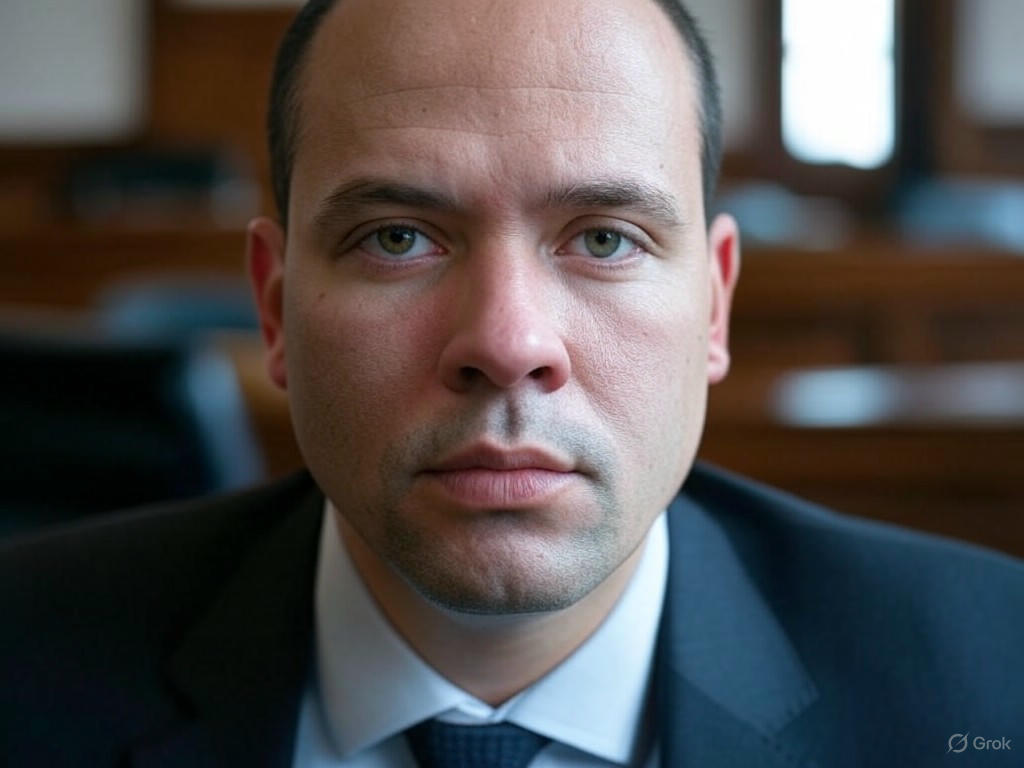Sky High Deception: Man Fools Airlines for Over 120 Free Flights
In a stunning case of audacity and deception, a man has been convicted for masquerading as a flight attendant to secure over 120 free flights across multiple airlines. This elaborate scam, which unfolded over several years, has left the aviation industry reeling and sparked renewed discussions about security protocols at airports worldwide.
The individual, whose identity remains undisclosed due to legal proceedings, reportedly began his scheme by meticulously studying the uniforms, behaviors, and jargon of flight crew members. Armed with forged credentials and an uncanny ability to blend in, he gained access to restricted areas and boarded flights without raising suspicion. His ruse spanned four major airlines, allowing him to travel across continents at no cost. Prosecutors revealed that he exploited loopholes in employee verification processes, often presenting himself as a standby crew member to secure empty seats on fully booked flights.
What makes this case particularly alarming is the sheer scale and duration of the deception. For years, the man evaded detection, enjoying the perks of free travel while airlines remained unaware of the breach. Authorities estimate that the financial losses incurred by the carriers run into hundreds of thousands of dollars, factoring in the cost of seats, in-flight services, and potential revenue from paying passengers. Beyond the monetary impact, this incident has exposed significant vulnerabilities in airline security systems, raising questions about how such an elaborate fraud went unnoticed for so long.
The unraveling of this scheme came about through a stroke of luck. A vigilant airport employee, suspicious of inconsistencies in the man’s documentation during a routine check, alerted authorities. Subsequent investigations uncovered a trail of fabricated identities and doctored records, leading to his arrest and eventual conviction. While the court has handed down a sentence, details of the punishment remain under wraps as legal proceedings continue. However, the case has already sent shockwaves through the aviation sector, prompting airlines to reevaluate their internal processes and employee verification methods.
This extraordinary tale of deception serves as a wake-up call for the industry. As air travel becomes increasingly digital, the need for robust security measures—both technological and procedural—has never been more apparent. Airlines are now under pressure to implement stricter checks and invest in advanced authentication systems to prevent similar incidents. Moreover, this case highlights the importance of training staff to recognize red flags, as human oversight played a critical role in finally catching the imposter.
As the dust settles on this unprecedented scam, the story of a man who lived a jet-setting life on false pretenses will likely linger in the public imagination. It’s a reminder that even in an era of heightened security, cunning individuals can exploit gaps in the system. For the aviation industry, the challenge lies in staying one step ahead of such inventive fraudsters, ensuring that the skies remain safe and secure for legitimate travelers.


